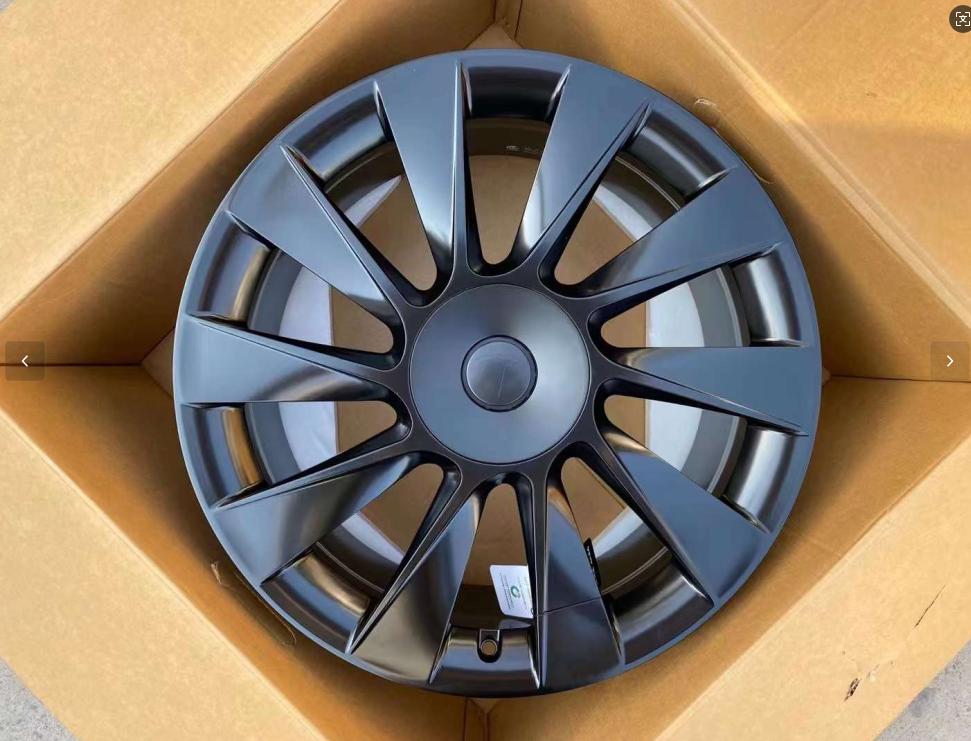-
Envoyez-nous un mail : sales09@zwwheels.com
-
Appelez-nous : +86 (0)25 84725893
Envoyez-nous un mail : sales09@zwwheels.com
Appelez-nous : +86 (0)25 84725893
Avec la transition de l'industrie automobile vers les véhicules électriques (VE), de nombreuses pièces changent, notamment… roues forgéesMais quel rôle joueront-elles à l'ère des véhicules électriques, et comment s'adaptent-elles aux nouveaux besoins ? L'avenir s'annonce prometteur, grâce aux innovations technologiques et en matière de développement durable qui façonnent la prochaine génération de jantes forgées, comme les jantes forgées en alliage d'aluminium produites en gros et leurs versions spéciales. Les véhicules électriques sont plus lourds que les voitures à essence en raison de leurs batteries. De ce fait, la réduction du poids non suspendu est plus importante que jamais. Les jantes forgées, fabriquées en alliage d'aluminium 6061-T6, sont à la fois plus légères et plus résistantes. Leur conception personnalisable les rend parfaitement adaptées aux véhicules électriques. En réduisant le poids non suspendu, elles améliorent l'autonomie et les performances, un point essentiel pour les acheteurs comme pour les constructeurs. La disponibilité en gros de jantes forgées en alliage d'aluminium est cruciale, car elles constituent une solution abordable pour la production en série de véhicules électriques.
L'innovation dans les techniques de forgeage façonne également l'avenir. Des méthodes avancées comme le forgeage rotatif utilisent la force de rotation pour former les jantes, ce qui permet d'obtenir une structure granulaire plus uniforme et une résistance accrue. Il est ainsi possible de réaliser des conceptions plus complexes, offrant aux fabricants une plus grande flexibilité pour créer des styles de jantes uniques qui s'harmonisent avec l'esthétique épurée des véhicules électriques. De plus, ces techniques réduisent le gaspillage de matériaux, rendant la production plus efficace et durable.
Le développement durable est un autre axe prioritaire. Les fabricants utilisent de plus en plus d'aluminium recyclé dans la production de jantes forgées, un procédé moins énergivore que l'aluminium vierge. Cela réduit les émissions de carbone et s'inscrit dans l'engagement du secteur des véhicules électriques en faveur du développement durable. Face à une clientèle de plus en plus soucieuse de l'environnement, la demande de produits durables comme l'aluminium recyclé augmente. roues en aluminium forgé va croître.
L'essor des véhicules électriques crée également une nouvelle demande en jantes forgées spécialisées. Par exemple, certains véhicules électriques nécessitent des jantes plus grandes pour loger les batteries ou les systèmes de freinage avancés, ce qui conduit au développement de nouvelles dimensions et de nouveaux modèles. Roues forgées sur mesurepeuvent évoluer pour s'adapter à ces nouveaux modèles, garantissant ainsi compatibilité et performance.
En conclusion, l'ère du véhicule électrique ouvre de nouvelles perspectives aux jantes forgées. Grâce à leur capacité à améliorer l'autonomie, les performances et la durabilité, les jantes forgées deviendront un élément essentiel du design automobile de demain. Qu'il s'agisse de jantes forgées en alliage d'aluminium produites en masse pour les véhicules électriques ou de variantes innovantes et spécialisées pour les modèles haut de gamme, l'avenir des jantes forgées est prometteur et étroitement lié au succès des véhicules électriques.

Hi! Click one of our members below to chat on